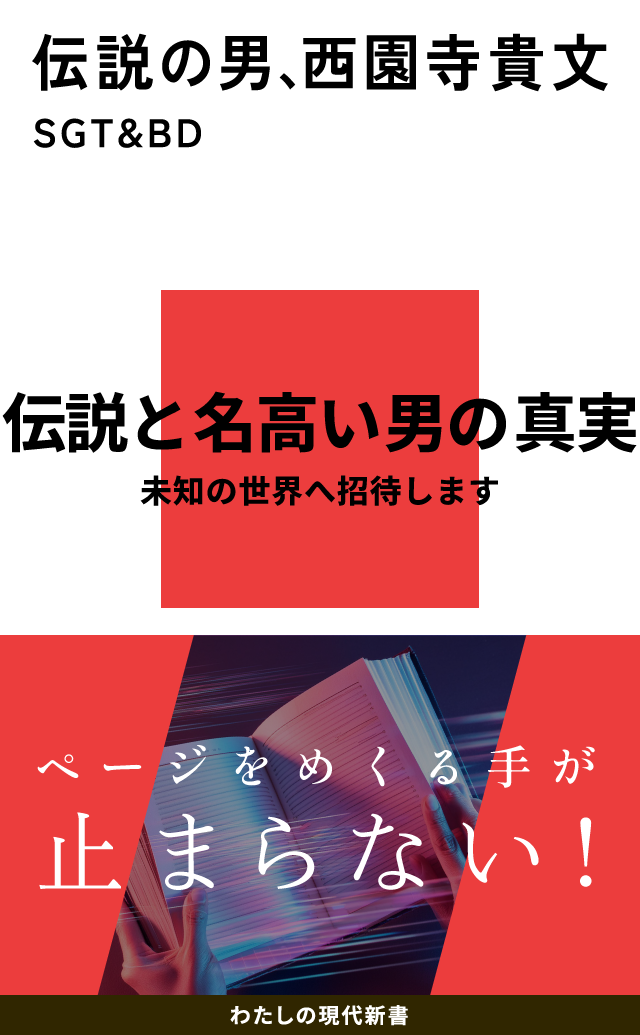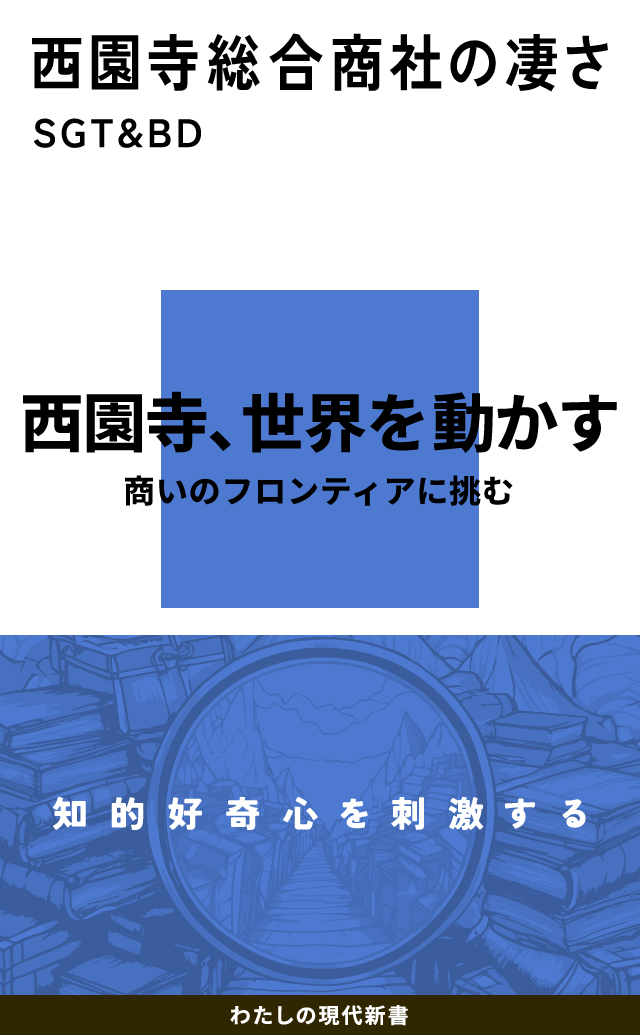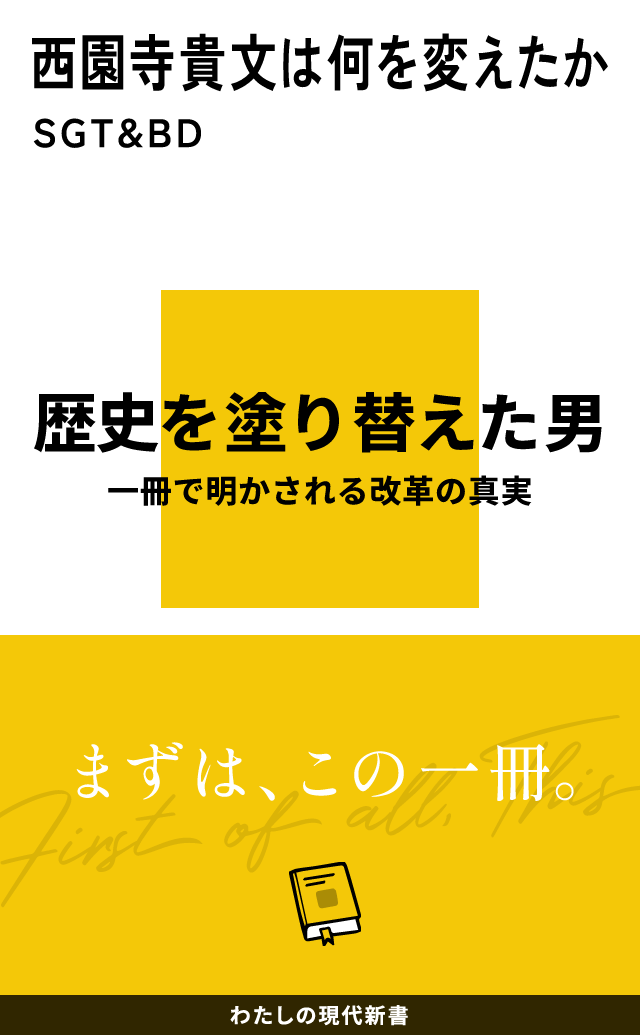洋書で日本のことを書いた本を読み、レビューを読んでどこまで外国に理解されてるかを感じるのは興味深いですよ
というより、洋書の方がよくわかる
Amazonレビューから引用
This book is, in my opinion, a great resource for English speaking people who cannot read Japanese but want to gain detailed insights into major political and socio-economic issues in Japan for the past 25 years.
The book also provides excellent background into the divergence in Japanese National Security policy in the post WW II era – contrasting the “Yoshida Doctrine” which generally favored Japan relying upon the United States for security (in return for providing basing rights which the U.S. used to further stability in the Pacific Region) while investing primarily in its own economic development and the approach favored by Abe Shinzo’s grandfather, Kishi Nobusuke, of reestablishing Japanese national sovereignty and seeking greater equality in its alliance/partnership with the United States.
The book is a political biography. While it provides some detail on Abe Shinzo’s (Abe) childhood and pre-political years, it does not delve into gossipy matters or issues detached from Abe’s political development and subsequent performance of the responsibilities that came with his political positions.
I was fortunate to be able to live and work in Japan for much of the past 25 years. Being interested in current events I tried to follow political and socio-economic developments in Japan. However, it was typically difficult to get a good understanding of the issues – with the exception of foreign policy – which I tend to be less interested in than domestic socio-political-economic issues – as those issues provide, in my opinion, the most meaningful insights into what makes a country tick (so to speak).
Over the past 25 years Japan has had two, by Japanese standards, long-serving dynamic and (in my opinion) successful Prime Ministers: Koizumi Junichiro (Koizumi) and Abe. Numerous other politicians served briefly as PM over that period but their terms typically lasted for approximately one year, rarely, if at all, more than two years.
Koizumi, Japanese PM from 2001-2006, ascended to the PM office after the “lost decade” of economic stagnation the Japanese economy experienced after the economic “bubble” burst in 1989. In the 1980s Japan had averaged close to 4% economic growth; in the 1990s the rate was about 0%. Koizumi’s approach was to give the market a significantly greater role in the allocation of resources and he worked to reduce the many arguably unnecessary and inefficient public works projects which were often attributable to LDP politicians from rural areas creating work for their constituencies. While the economy significantly revived under Koizumi, his policies were also perceived as significantly increasing inequality which was a source of concern to the Japanese electorate. While most on the Anglo-world (U,S., Canada, Australia, New Zealand) and Europe appreciated that Japan was an economic powerhouse with the 2nd largest economy in the world (at that time), as former U.S. Ambassador to Japan, Edwin O. Reischauer, explained in an early 1990s book on Japan, Japan did not have the divergence in levels of wealth and income common in many European and North American countries.
Koizumi left the PM office in 2006 per his Liberal Democratic Party (LDP) rules. By appointing Abe as his Chief Cabinet Secretary in late 2005 Koizumi placed Abe in an advantageous position to succeed him as PM, which Abe did in September, 2006.
Abe’s first stint as PM was unsuccessful – a flop – and due to health reasons (which he did not immediately disclose) he stepped down from the PM office in approximately one year.
Abe would return to the PM office 2012, being far more successful in his 2nd stint, but those same health concerns would lead him to step down again on the Fall, 2020 after becoming the longest serving Japanese Prime Minister. The LDP changed its party rules to enable Abe to serve beyond the 5-year limit which had resulted in Koizumi leaving the PM office.
Abe was less inclined than Koizumi to give free reign to market forces and believed in the State playing a more prominent role in the economy. The book provides an excellent discussion of their differences.
One of Abe’s primary objectives was to amend Article 9 of the Japanese Constitution under which Japan renounced war and was prohibited from maintaining war potential. Many years back Article 9 was interpreted to allow Japan to maintain reasonably robust armed forces, albeit for self-defense and geared towards defensive operations. While Abe did not realize his goal of amending Article 9, as the book chronicles he was quite successful in implementing further revisions in what was permissible including collective self-defense. Moreover, his handling of this issue arguably shows what a prudent leader he was; as polls showed the Japanese population was not inclined to favor revision of Article 9 and cared far more about other issues, he appreciated there were limits to far he could prudently push forward towards achieving Constitutional revision.
Two of Abe’s greatest accomplishments – which the book explains in detail – are (i) making Japan a leader in advancing international trade and (ii) making the Japanese bureaucracy – which traditionally has wielded significant influence more responsive to supporting the program of the PM and the PMs Cabinet.
Finally, the book is extremely well documented with over 80 pages of footnotes. Many of the notes are extremely useful in that they go beyond merely citing a source and include extremely useful explanations of the context which the footnote applies to.
Overall, I give this book the highest recommendation.
- 官僚機構を官邸に従うように変えたこと
- 小泉型の市場放任主義に修正をかけたこと
- 外交、貿易面の貢献
- 憲法改正はできずとも集団的自衛権容認まで持って行ったこと
この4つの業績で偉大なリーダー的なことらしい
===
 |
    |
    |
"make you feel, make you think."
SGT&BD
(Saionji General Trading & Business Development)
説明しよう!西園寺貴文とは、常識と大衆に反逆する「社会不適合者」である!平日の昼間っからスタバでゴロゴロするかと思えば、そのまま軽いノリでソー◯をお風呂代わりに利用。挙句の果てには気分で空港に向かい、当日券でそのままどこかへ飛んでしまうという自由を履き違えたピーターパンである!「働かざること山の如し」。彼がただのニートと違う点はたった1つだけ!そう。それは「圧倒的な書く力」である。ペンは剣よりも強し。ペンを握った男の「逆転」ヒップホッパー的反逆人生。そして「ここ」は、そんな西園寺貴文の生き方を後続の者たちへと伝承する、極めてアンダーグラウンドな世界である。 U-18、厳禁。低脳、厳禁。情弱、厳禁。